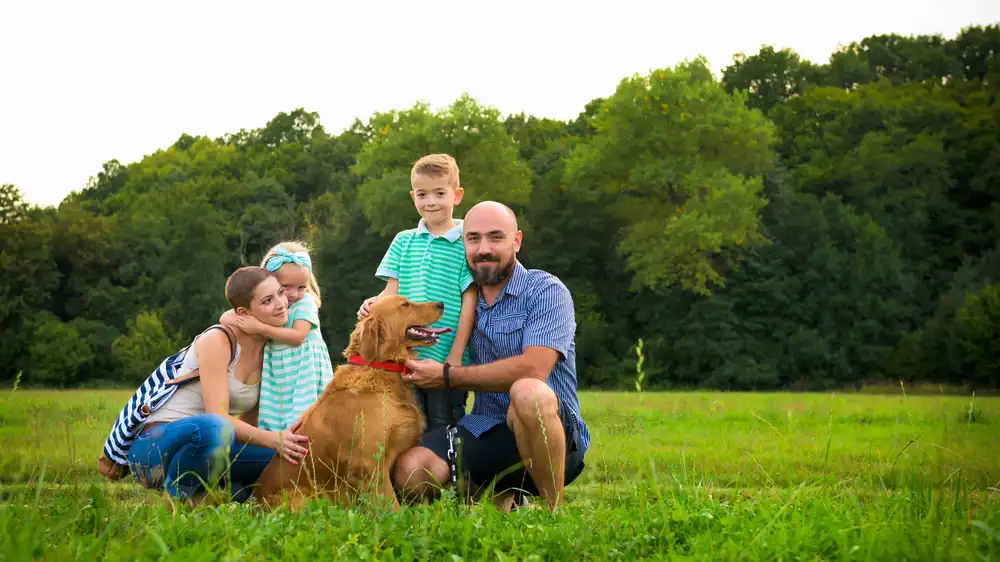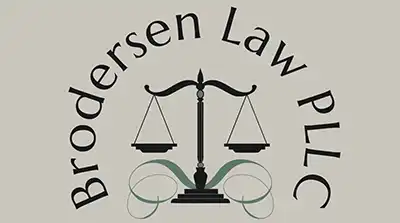Creating a will is one of the most important things you can do to protect your loved ones and ensure your wishes are honored after you’re gone. But what happens if you never get around to it? In Texas, if you die without a will, you’re considered to have died intestate—and that means the state decides how your estate is divided, who manages it, and who might take care of your children. This process is rarely simple and often leads to outcomes that don’t reflect what you would have wanted. In this post, we’ll break down exactly what happens if you die without a will in Texas, why it matters, and how to avoid the pitfalls of intestate succession.

Texas Intestate Succession Laws
When someone dies without a will, Texas law applies a default set of rules known as intestate succession. These laws determine how your assets are distributed based on legal family relationships—not on your personal wishes or circumstances. Texas divides your property into two categories: community property and separate property. Community property includes most assets acquired during marriage. Separate property includes anything you owned before marriage or received as a gift or inheritance. How these are divided depends on your marital and parental status at the time of death.
If You’re Married With Children (All from the Same Spouse)
If you are married and all of your children are with your current spouse, your spouse generally inherits all of your community property. For separate property, your spouse receives one-third of your personal property, and your children divide the remaining two-thirds. If you owned real estate as separate property, your spouse gets a one-third life estate in the property, and your children inherit the rest outright. This can create unexpected outcomes—especially if the family home is separate property—because your spouse may not have full control of the property after your death.
If You’re Married With Children From Another Relationship
If you have children from a prior relationship, the distribution is very different. Your spouse keeps their half of the community property, but your half is passed to your children from all relationships. This means your spouse does not automatically inherit the home, vehicles, or other shared assets unless they are clearly designated. For separate personal property, your spouse receives one-third, and your children receive two-thirds. For separate real property, your spouse receives a one-third life estate, and your children inherit the remainder. Blended families are often at higher risk of conflict or confusion when no will is in place.

If You’re Single, Divorced, or Widowed
If you are not married at the time of your death, your estate will pass to your children in equal shares. If you don’t have children, your assets go to your parents, then to siblings, nieces, nephews, and eventually more distant relatives. If no relatives can be found, your property may ultimately go to the State of Texas. This is known as escheat, and although it’s rare, it does happen—particularly when no planning has been done and no heirs are known.
Who Handles Your Estate Without a Will?
If you don’t have a will naming an executor, the probate court will appoint someone to handle your affairs. This person is called an estate administrator. They are responsible for collecting assets, paying debts and taxes, and distributing what remains according to Texas law. The administrator is often a surviving spouse or close family member, but the court makes the final decision. Without a will, you lose the ability to choose who manages your estate or how your affairs are handled.

What Happens to Minor Children?
One of the most serious consequences of dying without a will is leaving no legal guidance for the care of your minor children. If both parents are deceased or unavailable, a Texas court will decide who becomes your children’s legal guardian. While the court aims to make decisions in the child’s best interest, it may not choose the person you would have preferred. Naming a guardian in your will ensures your children are cared for by someone you trust.
The Hidden Costs of Dying Intestate
When there’s no will, the probate process often becomes longer, more complicated, and more expensive. Your family may face legal fees, delays, and disagreements—especially in blended families or situations involving valuable assets like real estate. Important decisions about your home, savings, and children’s futures are left to the courts, which can lead to unintended outcomes and emotional strain during an already difficult time.
How to Avoid Intestacy in Texas
The best way to avoid these issues is by creating a legally valid will. A will allows you to decide who inherits your assets, who handles your estate, and who cares for your children. In many cases, a full estate plan—including a will, durable powers of attorney, a healthcare directive, and possibly a trust—can further protect your wishes and simplify the process for your loved ones. These documents can help your family avoid probate altogether or ensure a faster, more efficient process.
Protect Your Family With Brodersen Law
At Brodersen Law, we help individuals and families throughout Texas create clear, legally sound estate plans. Whether you need a basic will or a comprehensive strategy for protecting your legacy, we can guide you through the process with care and clarity. Don’t wait until it’s too late to make your wishes known. Contact us today to schedule a consultation and take the first step toward protecting the people and property that matter most.
